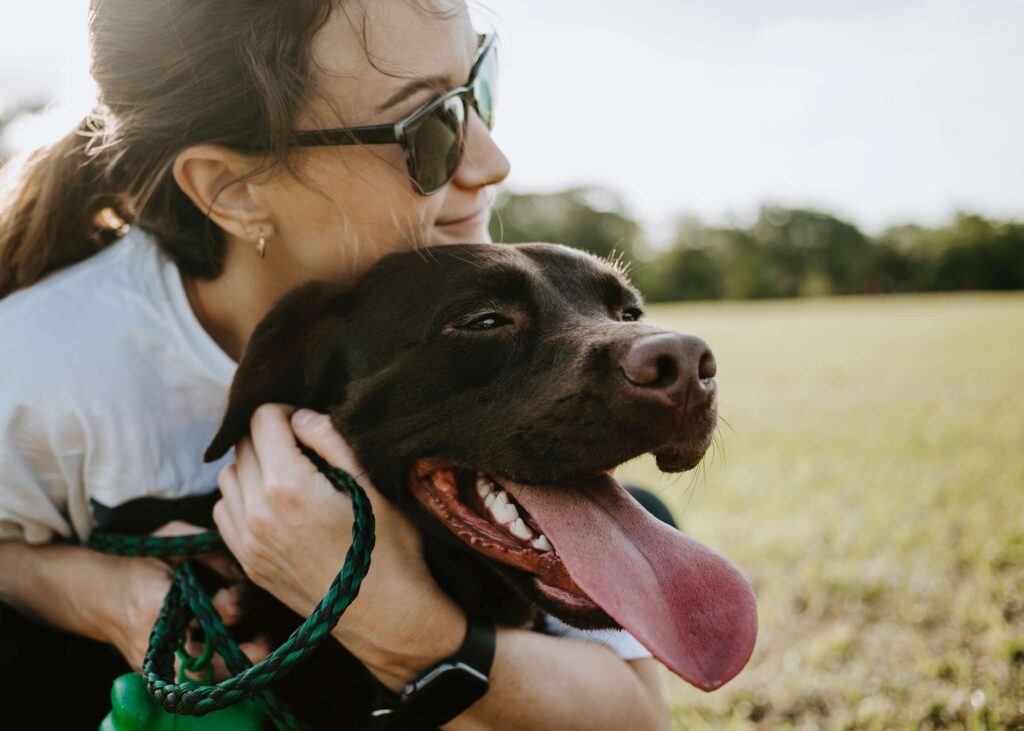How to Care for Your Adopted Rescue Dog: A Comprehensive Guide

At This Saves Paws, we understand the joy and fulfillment that comes with adopting a rescue dog. However, taking care of an adopted rescue dog comes with a unique set of challenges that require specific care and attention. In this comprehensive guide, we will provide you with all the information you need to ensure that your adopted rescue dog is healthy, happy, and well-cared for.
Section 1: Preparing Your Home for Your Adopted Rescue Dog
Before bringing your adopted rescue dog home, it is important to ensure that your home is a safe and comfortable environment for your new furry friend. Here are some tips on how to prepare your home:
Create a designated space for your dog: Your adopted rescue dog will need a space of their own where they can feel safe and secure. Consider setting up a cozy bed or crate in a quiet area of your home where your dog can retreat to when they need some alone time.
Ensure that your home is dog-proof: Dogs are naturally curious, and they love to explore their surroundings. To prevent accidents, make sure that your home is free of potential hazards such as electrical cords, toxic substances, and sharp objects.
Stock up on supplies: Your adopted rescue dog will need a few essential supplies, including food and water bowls, a leash and collar, toys, and grooming supplies.
Section 2: Feeding Your Adopted Rescue Dog
Feeding your adopted rescue dog a nutritious and balanced diet is crucial for their overall health and wellbeing. Here are some tips on how to feed your dog:
Choose the right food: There are many different types of dog food available, including dry kibble, wet food, and raw food. Consult with your veterinarian to determine the best type of food for your adopted rescue dog based on their age, breed, and health needs.
Follow a feeding schedule: Dogs thrive on routine, so it is important to establish a consistent feeding schedule. Aim to feed your dog at the same time every day and avoid overfeeding.
Monitor your dog’s weight: Obesity is a common problem in dogs, so it is important to monitor your adopted rescue dog’s weight and adjust their food intake accordingly.
Section 3: Exercising Your Adopted Rescue Dog
Regular exercise is essential for your adopted rescue dog’s physical and mental health. Here are some tips on how to exercise your dog:
Take your dog for daily walks: Walking is a great form of exercise for dogs, and it also provides mental stimulation and socialization opportunities. Aim to take your adopted rescue dog for at least two 30-minute walks per day.
Engage in interactive play: Playing games such as fetch, tug-of-war, and hide-and-seek can be a fun way to bond with your dog and provide them with mental stimulation.
Consider enrolling your dog in dog sports or training classes: Dog sports such as agility and obedience training can provide your adopted rescue dog with a fun and challenging outlet for their energy.
Section 4: Grooming Your Adopted Rescue Dog
Regular grooming is important for your adopted rescue dog’s hygiene and overall health. Here are some tips on how to groom your dog:
Brush your dog’s coat regularly: Brushing helps to remove loose hair, dirt, and debris from your dog’s coat, and it also promotes healthy skin and a shiny coat.
Bathe your dog as needed: Most dogs only need to be bathed once every few months, but if your adopted rescue dog gets particularly dirty or smelly, a bath may be necessary.
Trim your dog’s nails: Long nails can be uncomfortable and even painful for dogs, so it is important to trim them regularly.
Section 5: Providing Veterinary Care for Your Adopted Rescue Dog
Regular veterinary care is crucial for your adopted rescue dog’s health and wellbeing. Here are some tips on how to provide the best possible veterinary care for your dog:
Schedule regular check-ups: Even if your adopted rescue dog appears to be healthy, it is important to schedule regular check-ups with your veterinarian to ensure that they are up-to-date on their vaccinations and to catch any potential health issues early.
Follow your veterinarian’s recommendations: Your veterinarian may recommend certain preventive care measures such as dental cleanings, blood tests, or parasite prevention medications. It is important to follow these recommendations to keep your adopted rescue dog healthy.
Watch for signs of illness: Dogs can’t tell us when they’re feeling sick, so it is important to watch for signs of illness such as changes in appetite, lethargy, vomiting, or diarrhea. If you notice any of these symptoms, contact your veterinarian immediately.
Section 6: Training and Socializing Your Adopted Rescue Dog
Training and socialization are important for your adopted rescue dog’s overall behavior and well-being. Here are some tips on how to train and socialize your dog:
Start training early: It is easier to train puppies than adult dogs, but even if you’ve adopted an adult rescue dog, it’s never too late to start training. Positive reinforcement training is a great way to build a bond with your dog and teach them basic obedience commands.
Socialize your dog: Socialization is important for your adopted rescue dog’s overall behavior and well-being. Introduce your dog to different people, dogs, and environments to help them become well-adjusted and confident.
Consider working with a professional trainer: If you’re struggling with training or behavior issues, consider working with a professional dog trainer who can provide you with guidance and support.
In conclusion, adopting a rescue dog can be a rewarding experience, but it requires specific care and attention to ensure that your dog is healthy, happy, and well-behaved. By following the tips outlined in this comprehensive guide, you can provide your adopted rescue dog with the best possible care and help them thrive in their new home.
